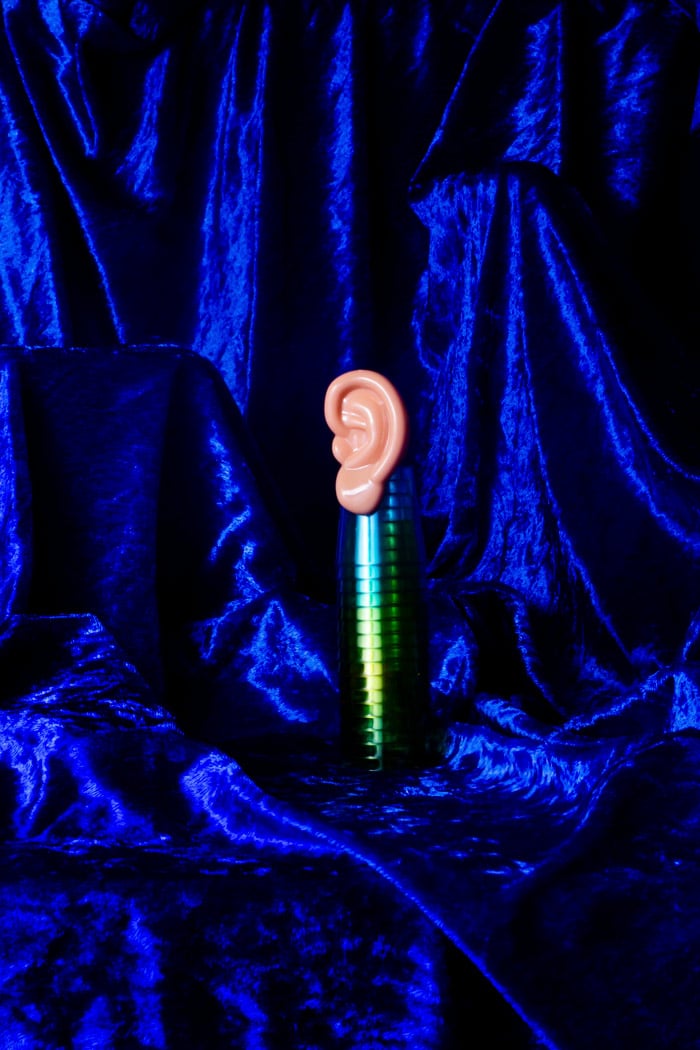
Opinion
What are the major problems faced by the art world during COVID-19?
By Claudia Dance-Wells
Opinion
What are the major problems faced by the art world during COVID-19?
By Claudia Dance-Wells
Published Jun 4, 2020 at 10:55 AM
Reading time: 3 minutes
Entertainment
Jun 4, 2020
For a while there was a feeling that this was only temporary; that life would eventually go back to ‘normal’ as soon as the lockdown would be lifted. As time rolls on and governments begin to ease lockdowns, the return to ‘normality’ becomes foggier. Where does this leave the art industry? And, in particular, the organisations and individuals who work hard to aid the production of emerging contemporary art, which are often the hardest hit in these circumstances?
The art world was already in such a state of upheaval due to the immense takeover of mega art fairs, inflation and other factors such as Brexit. So, what are the major problems faced by these organisations during COVID-19, and what can we learn from them?
Of course, we have other major priorities than discovering the next big painter or famous artwork—our health and the funding of public health services must be put above everything else, always, and especially now. As artist Jesse Darling powerfully put before refusing to speak more to Screen Shot: “I’m scared and trying to stay safe, while doing what I can for others who might be in a harder situation,” an understandable reaction.
In times like these, however, perhaps it can also be useful to listen to and learn from each other. That’s why Screen Shot spoke to influential people in the art industry in order to gain a little clarity.
After these conversations, it became clear that there are two resounding issues at play: the logistics necessary for sales and the cancellation or postponement of fairs. With movement completely halted, the transportation of already-sold artworks and even the ability for galleries to reach their storage spaces became infeasible.
As an example, Nigel Dunkley, director of the Union Pacific Gallery in London explained that, before the virus hit, Union Pacific had planned a large shipment to New York which is still in limbo, while Antoine Levi, director of the Galerie Antoine Levi in Paris and Alys Williams, director of the Vitrine Gallery based in London and Basel have been facing similar issues.
For many small galleries, fairs generate their only, if not most significant, annual income, which puts those that have already made this year’s investment into stall spaces in a precarious position. There has been, however, a growing call to rethink the takeover of large fairs as they create unhealthy barriers to entry for new arrivals. As Vitrine’s gallery manager, Will Clarke mentioned: “We are optimistic that this period could allow for a ‘levelling’ of the private art sector and push back the importance of the larger fairs, allowing for smaller operations to flourish. Take, for example, Magda Sawon’s [Postmasters Gallery] boat metaphor: ‘they capsize easily, but can also recover fast’.”
One certainty we can hold onto is that digital spaces and content are flourishing. As Clarke pointed out, “even though it has been present in the last few years such as at the last Venice Biennial, the importance of digital art has been highlighted twofold.” Kevin Hunt, artist and lecturer at Manchester School of Art has compiled the Pandemic Programmme, a list of some of the most interesting, entertaining, useful, relaxing, recommended, critically engaged and particularly good online visual arts content that has been published.
Union Pacific recently opened a digital show of Giovanni Copelli’s work. Liste Art Fair in Basel is holding Zoom meetings with all of its participants to discuss the future of the fair. Digital artist Meriem Bennani created the Instagram series 2 Lizards, with references to Justin Bieber’s recent Instagram Live broadcasts, Zoom parties and Autonomous Sensory Meridian Response (ASMR) videos—a candid reflection of our new reality.
Despite these moments in digital content, it is indeed with sadness, that exhibition openings will be sidetracked and smaller satellite fairs, such as Liste, will not be able to create their yearly meeting space and platforms for young and emerging artists. “This job is made of meetings, encounters, relationships, conversations. If the human contact does not become possible anymore what is the point? If smart working is the future for us then isn’t this sad? Art is an experience to live with and not to imagine about,” says Levi.
Liste’s director, Joanna Kamm made a commendable point that should conclude this article. She explained that all we can really offer each other right now is solidarity and to direct focus and awareness towards the galleries that are taking the biggest risks in showing the work of artists whom, without them, would likely remain undiscovered, and from whom we all benefit: “It is through galleries’ commitments that we have the opportunity to see art that not only describes the present but also creates it—with new aesthetics, media and values.”




